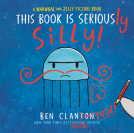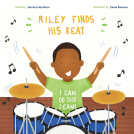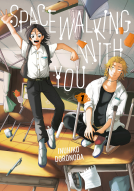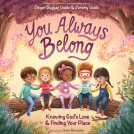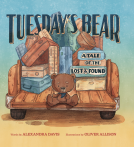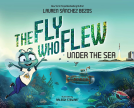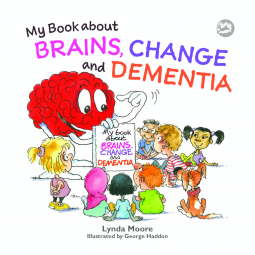
My Book about Brains, Change and Dementia
What is Dementia and What Does it Do?
by Lynda Moore
This title was previously available on NetGalley and is now archived.
Send NetGalley books directly to your Kindle or Kindle app
1
To read on a Kindle or Kindle app, please add kindle@netgalley.com as an approved email address to receive files in your Amazon account. Click here for step-by-step instructions.
2
Also find your Kindle email address within your Amazon account, and enter it here.
Pub Date 19 Jul 2018 | Archive Date 19 Jul 2018
Talking about this book? Use #MyBookAboutBrains,ChangeAndDementia #NetGalley. More hashtag tips!
Description
'Sometimes, a person's brain gets sick with a disease called dementia.'
What does dementia do to the brain? And how can we help if someone we know, like a parent or a grandparent, has the disease?
This book breaks down misconceptions about dementia and speaks directly to children aged under 5 about the realities of the disease, using age appropriate language in an engaging and informative way. It reassures parents of the value of open and honest conversation about the challenges raised by dementia and offers advice and support in the opening 'Guide for grown ups'. It includes a diverse audience of characters, to emphasise that ANY child can be impacted by dementia in their loved ones. Unlike traditional storybooks, the ending provides a question for the adult and child reading it to ponder together.
Available Editions
| EDITION | Other Format |
| ISBN | 9781785925115 |
| PRICE | $16.95 (USD) |
| PAGES | 48 |
Average rating from 7 members
Featured Reviews
 Laura H, Reviewer
Laura H, Reviewer
This is a book on a very delicate subject, but delivered in a really clear and simple child-friendly way. It allows parents and family members to face the many questions that young children may ask when a family member appears to be suffering from dementia. The subject matter and the words have all been carefully chosen by Dementia Australia family counsellors, so it is good to know that the content is very carefully selected and put together in the most appropriate way. The imagery is simple which lends its focus to the words and the story they are telling.
I thought it was a nice analogy to explain that the brain is no longer able to drive the body, and to point out all the things the young person might have noticed of the person with dementia. It reassures youngsters that it is not their fault that their relative has get sick. Importantly, it deals with the topic of death, but does so with a 'spoiler' so to speak, asking the young person if they are ready to deal with this topic before moving on.
This book has been written really effectively - as a mental health nurse, any book addressing mental health issues and increasing awareness and understanding will definitely have my vote.
Great explanation for not only children but adults. Gives wonderful words to explain the brain and what happens to it with dementia so that children can understand. Wonderful!!
 catherine h, Reviewer
catherine h, Reviewer
This was a good simple explanation of dementia for young kids. Many are likely to experience a grandparents, or great aunt or uncle with dementia as people are living longer and having children at older ages. I like that it allows children to skip the death part of dementia if it scared them. I thought the illustrations were fun. Nothing overly dramatic.
 Ryan A. F, Librarian
Ryan A. F, Librarian
This book is so well done! Every school, every public library, every nursing home, and at home caregivers should have a copy of this book on hand for when needed. The authors do an excellent job of explaining dementia in simple terms that can be understood by kids. It also says it’s okay to have feelings, that everything will be okay. There are even special instructions to the reader about what happens at the end of dementia. If the reader doesn’t want to know, the book tells you to skip the next two pages. This book is amazing well done!! Excellent Job!!
